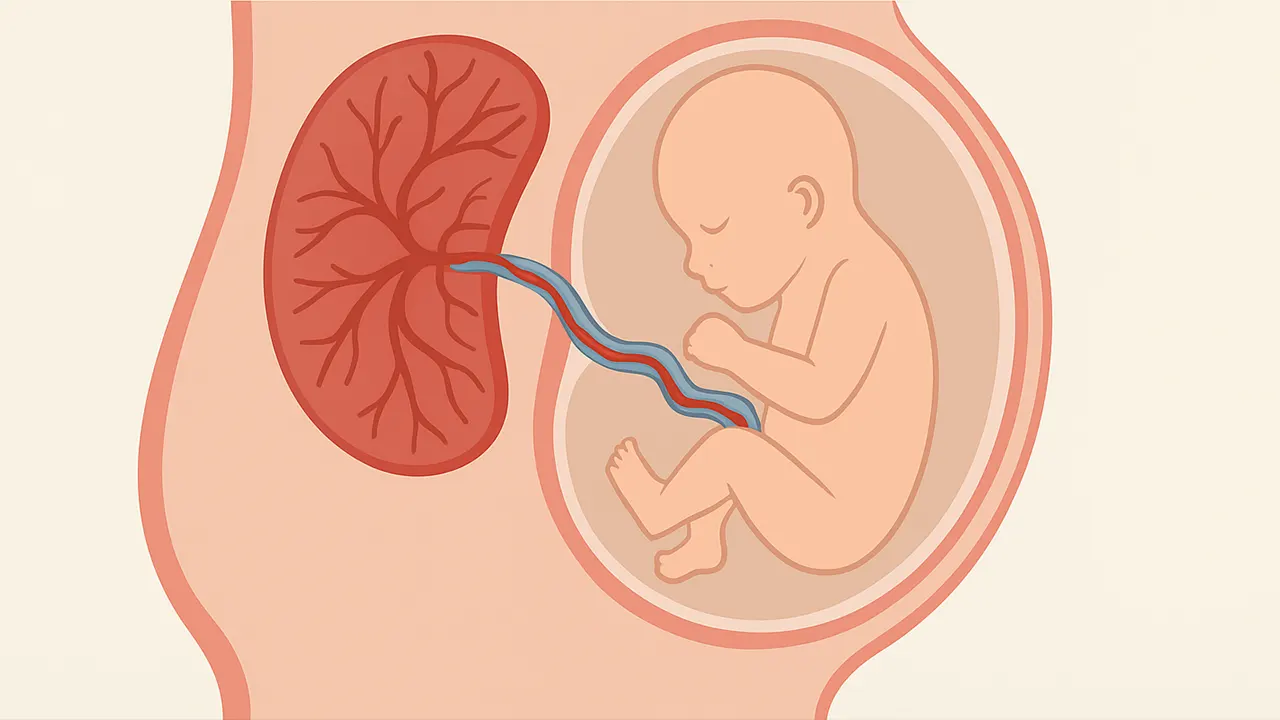Surrogacy has emerged as a highly debated topic worldwide, with legal frameworks varying significantly from one country to another. Among the nations that have gained prominence in the realm of surrogacy, Ukraine stands out as a favorable destination for intended parents seeking surrogacy arrangements. With its well-defined legal landscape and relatively affordable options, Ukraine has become an attractive option for individuals and couples from around the globe. In this comprehensive exploration, we delve into the details of surrogacy law in Ukraine.
The Legal Landscape of Surrogacy in Ukraine
Surrogacy in Ukraine is primarily governed by two key legal documents: the Family Code of Ukraine and the Law of Ukraine “On Assisted Reproductive Technologies.” These legislative instruments lay down the foundation for surrogacy arrangements in the country, establishing rights, obligations, and procedures for all parties involved. The legal framework aims to ensure clarity, fairness, and protection for intended parents, surrogate mothers, and relevant medical professionals throughout the surrogacy process.
Eligibility and Requirements for Surrogacy
Ukrainian law imposes certain eligibility criteria and requirements for couples seeking surrogacy arrangements:
- Intended parents must be heterosexual married couples
- At least one of the intended parents must provide genetic material (sperm or egg).
- Both intended parents must undergo medical and psychological assessments to ascertain their suitability for surrogacy.
- Surrogate mothers must meet specific criteria, including good physical and mental health, and must have at least one healthy child of their own.
These requirements are designed to ensure the well-being of all parties involved and minimize potential risks associated with surrogacy arrangements.
The Legal Process of Surrogacy in Ukraine
The surrogacy process in Ukraine involves several legal steps, which include:
- Surrogacy Agreement: Intended parents and the surrogate mother must enter into a legally binding surrogacy agreement, outlining their respective rights, obligations, and financial arrangements. This agreement is then notarized to ensure its validity and enforceability.
- Birth Certificate: Upon the birth of the child, intended parents obtain a birth certificate in their names, with no reference to the surrogate mother. This document serves as conclusive evidence of their legal parental status.
Advantages of Surrogacy in Ukraine
Ukraine has emerged as a preferred destination for surrogacy due to several factors:
- Legal Clarity and Protection: The well-defined legal framework in Ukraine provides clear guidelines and protections for all parties involved in surrogacy arrangements, minimizing the risk of disputes and ensuring a smoother process.
- Affordability: Surrogacy in Ukraine is relatively more affordable compared to options available in Western countries, making it accessible to a broader range of intended parents.
- High-Quality Medical Care: Ukrainian fertility clinics boast advanced medical facilities and highly skilled professionals, ensuring the highest standards of care throughout the surrogacy journey.
And in conclusion:
Surrogacy law in Ukraine offers a comprehensive legal framework that facilitates surrogacy arrangements while safeguarding the rights of all parties involved. Despite its advantages, ethical concerns and legal complexities underscore the need for ongoing dialogue, regulation, and international cooperation in the field of surrogacy. By addressing these challenges and striving for ethical practice, Ukraine and other countries can ensure that surrogacy remains a viable option for intended parents while upholding the rights and dignity of all individuals involved.


